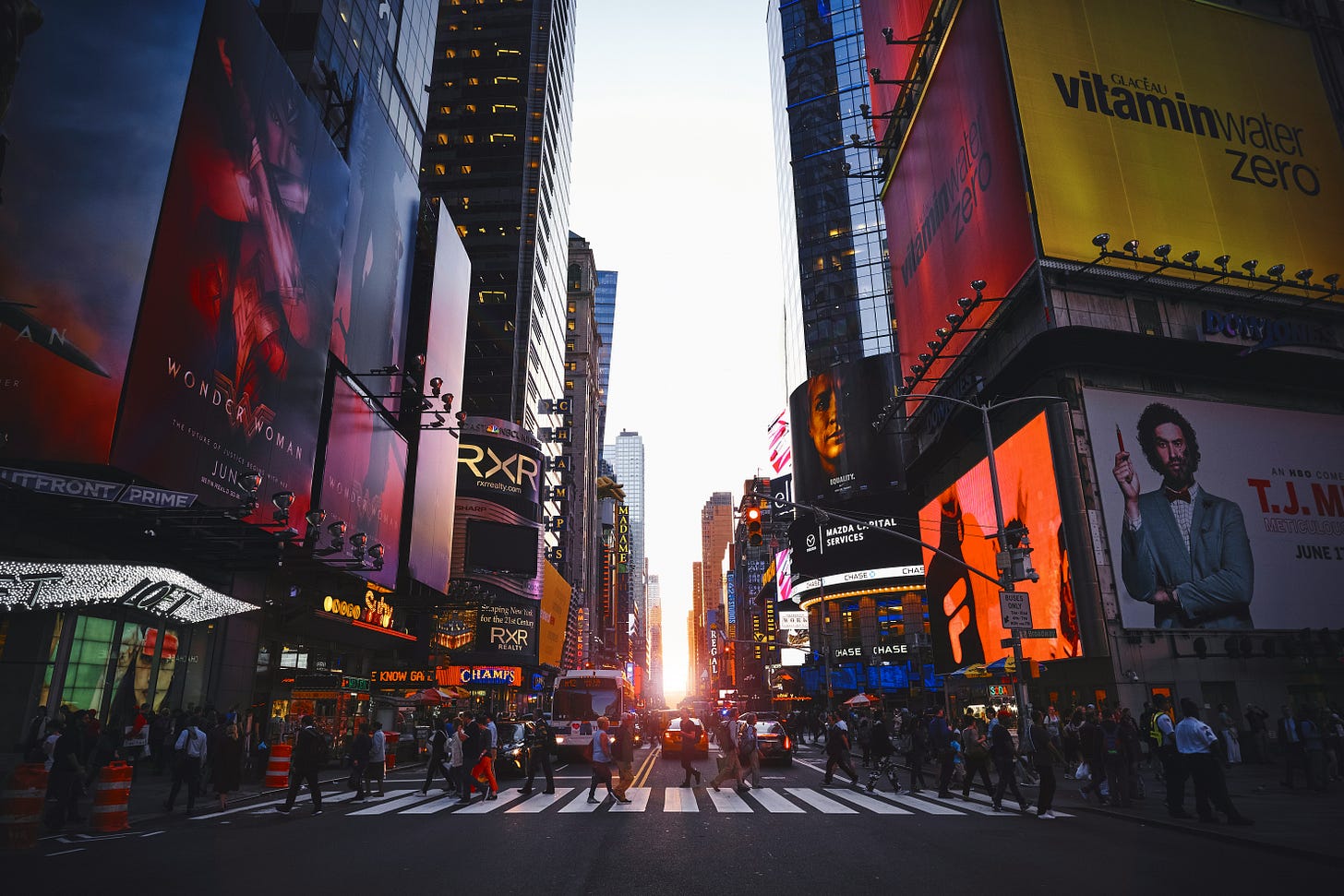Anti-Muslim Sentiment Surges Following New Orleans New Year's Attack
The deadly New Year's Day attack in New Orleans has triggered a wave of anti-Muslim sentiment across the United States, raising concerns about the safety of Muslim communities nationwide.
The Attack and Its Aftermath
On January 1, 2025, Shamsud-Din Jabbar, a 42-year-old Army veteran from Houston, drove a pickup truck through crowds celebrating on Bourbon Street in New Orleans, killing 15 people and injuring dozens more. The FBI confirmed that Jabbar, who died in an exchange of gunfire with police, had pledged allegiance to ISIS, with investigators discovering an ISIS flag in his vehicle.
FBI Deputy Assistant Director Christopher Raia stated, "We have not seen any indications of an accomplice in the United States, but we are still looking into potential associates in the U.S. and outside of our borders".”
Community Response
Muslim organizations swiftly condemned the attack. The Council on American-Islamic Relations (CAIR) expressed condolences to victims' families while emphasizing the Muslim community's rejection of extremist ideologies. The Islamic Shura Council of Greater New Orleans echoed these sentiments, calling the attack "a devastating blow to the local community."
.In Houston, where Jabbar resided, Muslim community leaders have expressed deep concerns about potential backlash. At the Medical Center Islamic Society, Imam Basem Hamid dedicated his Friday sermon to addressing the attack, emphasizing that such violence has no place in Islam.
Rising Tensions
The attack comes amid an already concerning trend of increasing anti-Muslim incidents. CAIR reported 8,061 discrimination complaints in 2023, marking a 56% increase from the previous year - the highest recorded in nearly three decades.
CAIR Research & Advocacy Director Corey Saylor commented, "The data confirms what we have known for months. Since October 2023, several American politicians have blatantly promoted anti-Muslim and anti-Palestinian rhetoric in a bid to justify the Israeli government's genocide of the Palestinian people in Gaza".
Political Reactions
President-elect Donald Trump linked the attack to immigration issues, stating, "When I said that the criminals coming in are far worse than the criminals we have in our country, that statement was constantly refuted by Democrats and the Fake News Media, but it turned out to be true." .
His comments have further intensified debates about national security and immigration policy.
Broader Context
Security experts note that this attack follows a troubling pattern of online radicalization. ISIS has evolved its recruitment strategies, establishing what experts call a "Digital Caliphate" to reach and influence vulnerable individuals through social media and online platforms.
Colin Clarke from the Soufan Center, a think tank focusing on foreign policy and global security, cautioned, "There are several warning signs when analyzing this [attack], including the attacker's age – which does not fit the typical profile of someone radicalized. The fact he was [from] the US adds to the caution we should exercise."
Looking Forward
The incident has reignited discussions about countering both extremism and Islamophobia in American society. Muslim community leaders continue to advocate for unity and understanding while law enforcement agencies work to prevent future attacks without stigmatizing entire communities.
As investigations continue, the focus remains on supporting victims' families and preventing further violence while maintaining social harmony. The attack represents a critical moment for American society, testing its ability to respond to terrorism while protecting civil rights and religious freedoms.



